
Life Matters | May 29,2021
Jan 18 , 2020
By Habtamu Girma
With the sixth national election in Ethiopia scheduled to be held this year, a debate has arisen.
Given the political conditions in Ethiopia, should the elections be held or postponed?
There is barely consensus on this, but the matter has turned into a lively debate that has created two camps firmly entrenched in their own views.
The first camp, spearheaded by the likes of Birhanu Nega (Prof.), leader of Ethiopian Citizens for Social Justice (Ezema), insists that the election be postponed. The second camp will have none of this. These include political bigwigs in the Tigray People’s Liberation Front (TPLF) and the Oromo Liberation Front (OLF). They want the election to be held according to schedule.
The incumbent, Prosperity Party (PP), which was newly formed on the ashes of the EPRDF after the merger of the three parties of the coalition and its allies, had initially remained ambivalent on the matter.
Now it has joined the debate. During its founding meeting, the party reiterated that its position is for the elections to be held this year, though no clue was given as to which month it would take place.
At least at this moment, the camp in support of a timely election is overwhelming, especially since we now know what PP’s official position is on the matter.
What is missing in the middle of this debate is the fact that elections are not an end. It is merely a means of giving the government a popular mandate to exercise power. When the existence of the state is at stake, elections could be the fuel that exasperates the already fiery situation.
Should the elections be held on schedule or postponed?
There is no denying that Ethiopia is at a crossroads. What happens this year will have an impact on the country for decades to come. The election is thus more critical than it has ever been. With the country at a crucial juncture, the election symbolises democracy-building, the rule of law and national unity.
But to decide whether or not the elections should be held in time, it is crucial to consider two factors that have been severely impacting the political environment: legitimacy of government and leadership crisis. The debate around elections should be held from the perspective of whether or not these challenges would be addressed.
To give credit where credit is due, Prime Minister Abiy Ahmed’s (PhD) administration has gone a long way in trying to address these shortcomings. He has especially been successful in trying to make the Electoral Board and the Supreme Court seem more impartial than they have been in a long time. But what happens in the lead up to, during and after the elections will determine whether any of these reforms have actually helped.
Still, it is impossible not to see how postponing the election can undo all the goodwill of his administration as well as put the government in a crisis of legitimacy.
The immediate effect of postponing the election would call into question the legitimacy of Abiy’s administration as well as the parliamentarians. That, in turn, would be consequential, exacerbating the fragile state of the country. Political forces, including those who had been unwilling to play by the rules from the beginning, will take matters into their own hands. The impact of this will be complete instability.
Delaying the election would also damage the charisma of Abiy Ahmed's leadership. Since he came to power, Abiy has been fighting against the rampant leadership crisis sweeping across all departments of Ethiopian society, politics, bureaucracy and security. He has shown that it is much more advantageous to see the bigger picture instead of fighting over breadcrumbs.
Abiy has thus far been leading the country by virtue of his charismatic leadership, helping him amass a wide support base from within Ethiopia and the global community. He has achieved this through significant risks to himself and his team.
In his impassioned speeches, he has tirelessly told leaders to be thoughtful and pragmatic. Through successive media engagements, he has been able to win the heart of the international community, changing for the positive the image the country has had for several decades on the global stage.
Postponing the election would damage his reputation. With both Abiy and his administration discredited, the goodwill that has been built overseeing a fair and free election would disappear. It is Ethiopians that would be forced to pick up the tab after that.
PUBLISHED ON
Jan 18,2020 [ VOL
20 , NO
1029]


Life Matters | May 29,2021

Fortune News | May 04,2019

My Opinion | Oct 07,2023
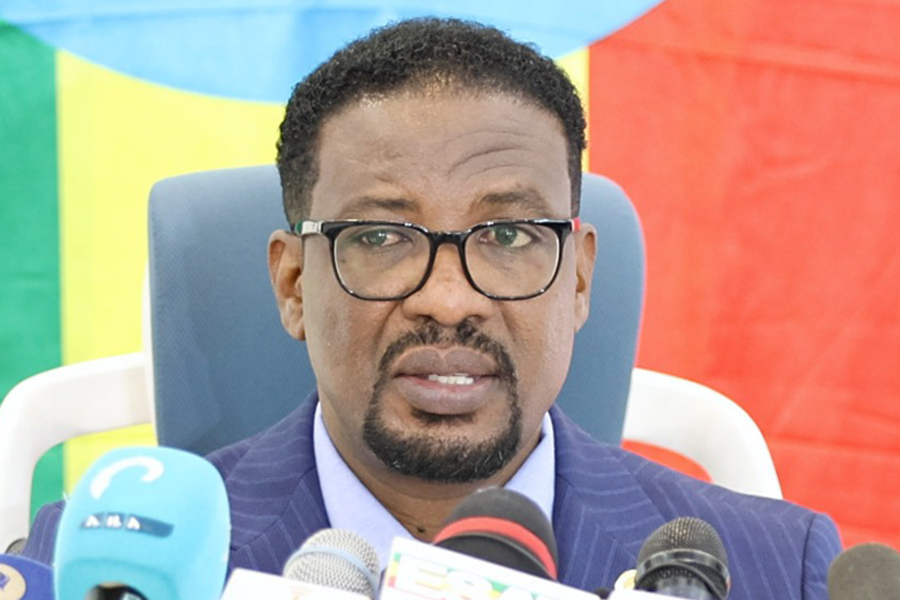
Radar | Nov 11,2023
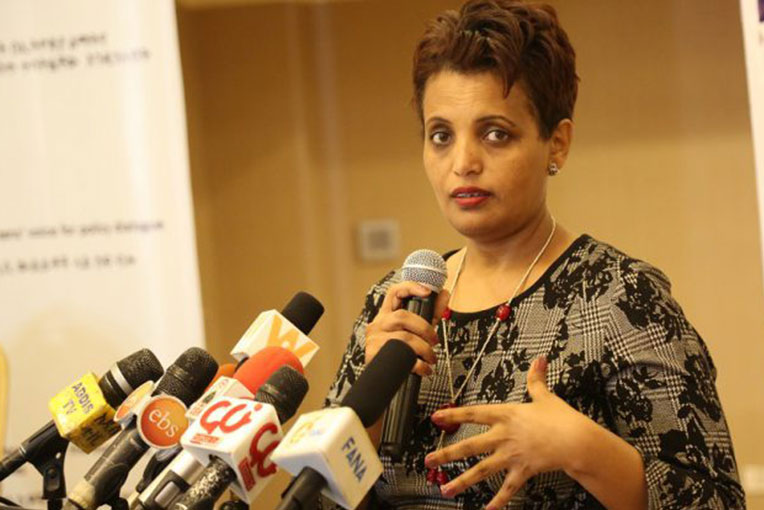
Election 2021 coverage | Mar 14,2020
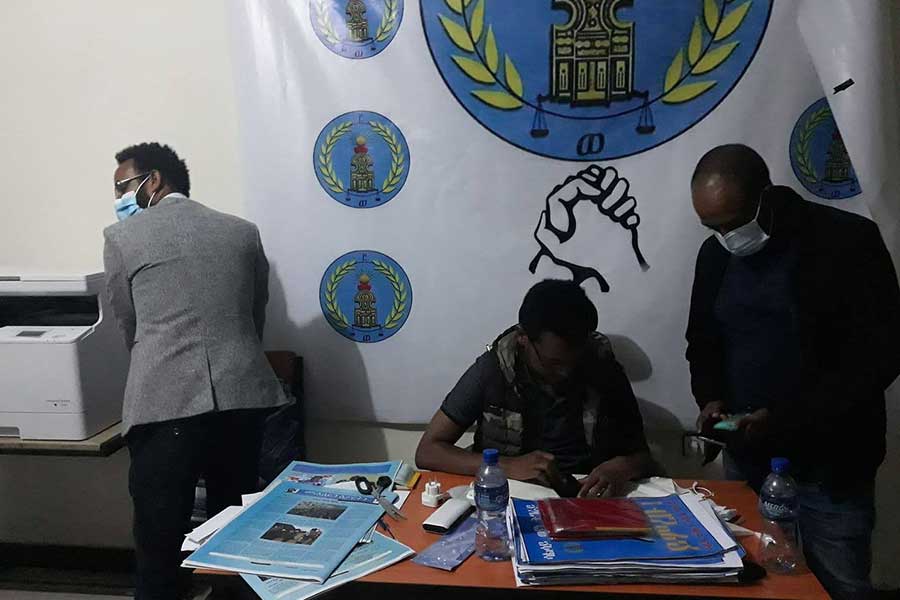
Agenda | Sep 06,2020

Fortune News | Aug 16,2020
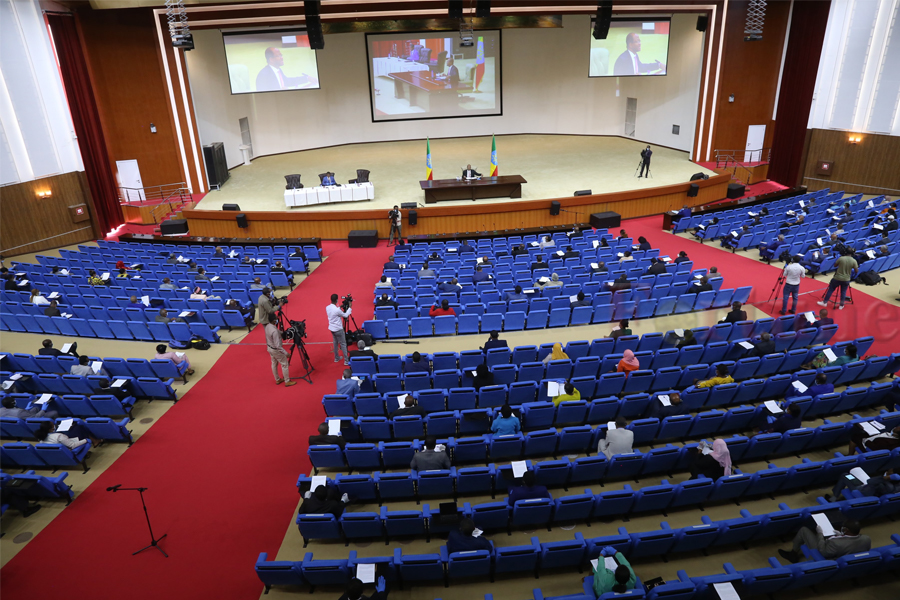
Fortune News | May 05,2020

Viewpoints | Jun 19,2021
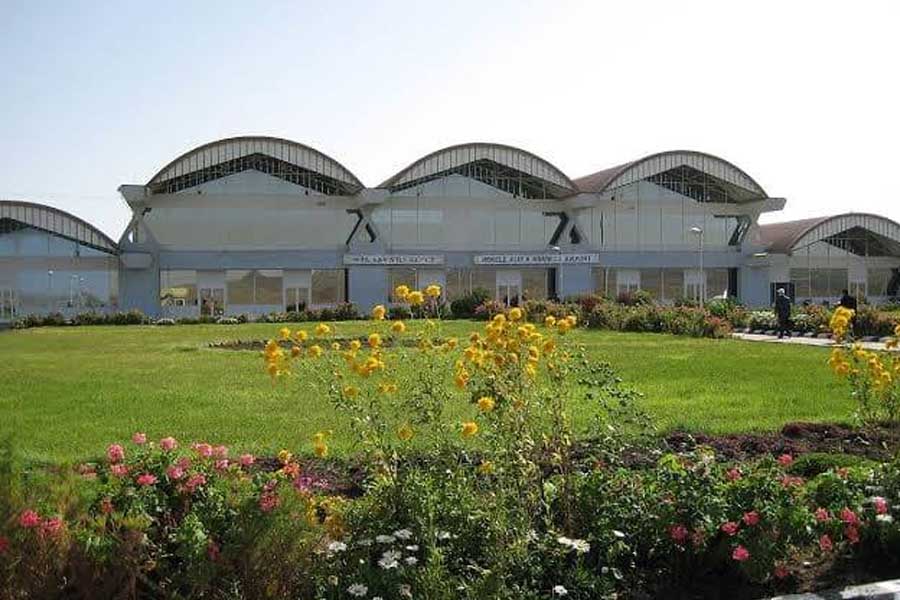
Featured | Sep 06,2020

Photo Gallery | 96845 Views | May 06,2019

Photo Gallery | 89066 Views | Apr 26,2019

My Opinion | 67202 Views | Aug 14,2021

Commentaries | 65771 Views | Oct 02,2021

Feb 24 , 2024 . By MUNIR SHEMSU
Abel Yeshitila, a real estate developer with a 12-year track record, finds himself unable to sell homes in his latest venture. Despite slash...

Feb 10 , 2024 . By MUNIR SHEMSU
In his last week's address to Parliament, Prime Minister Abiy Ahmed (PhD) painted a picture of an economy...

Jan 7 , 2024
In the realm of international finance and diplomacy, few cities hold the distinction that Addis Abeba doe...

Sep 30 , 2023 . By AKSAH ITALO
On a chilly morning outside Ke'Geberew Market, Yeshi Chane, a 35-year-old mother cradling her seven-month-old baby, stands amidst the throng...

Apr 20 , 2024
In a departure from its traditionally opaque practices, the National Bank of Ethiopia...

Apr 13 , 2024
In the hushed corridors of the legislative house on Lorenzo Te'azaz Road (Arat Kilo)...

Apr 6 , 2024
In a rather unsettling turn of events, the state-owned Commercial Bank of Ethiopia (C...

Mar 30 , 2024
Ethiopian authorities find themselves at a crossroads in the shadow of a global econo...
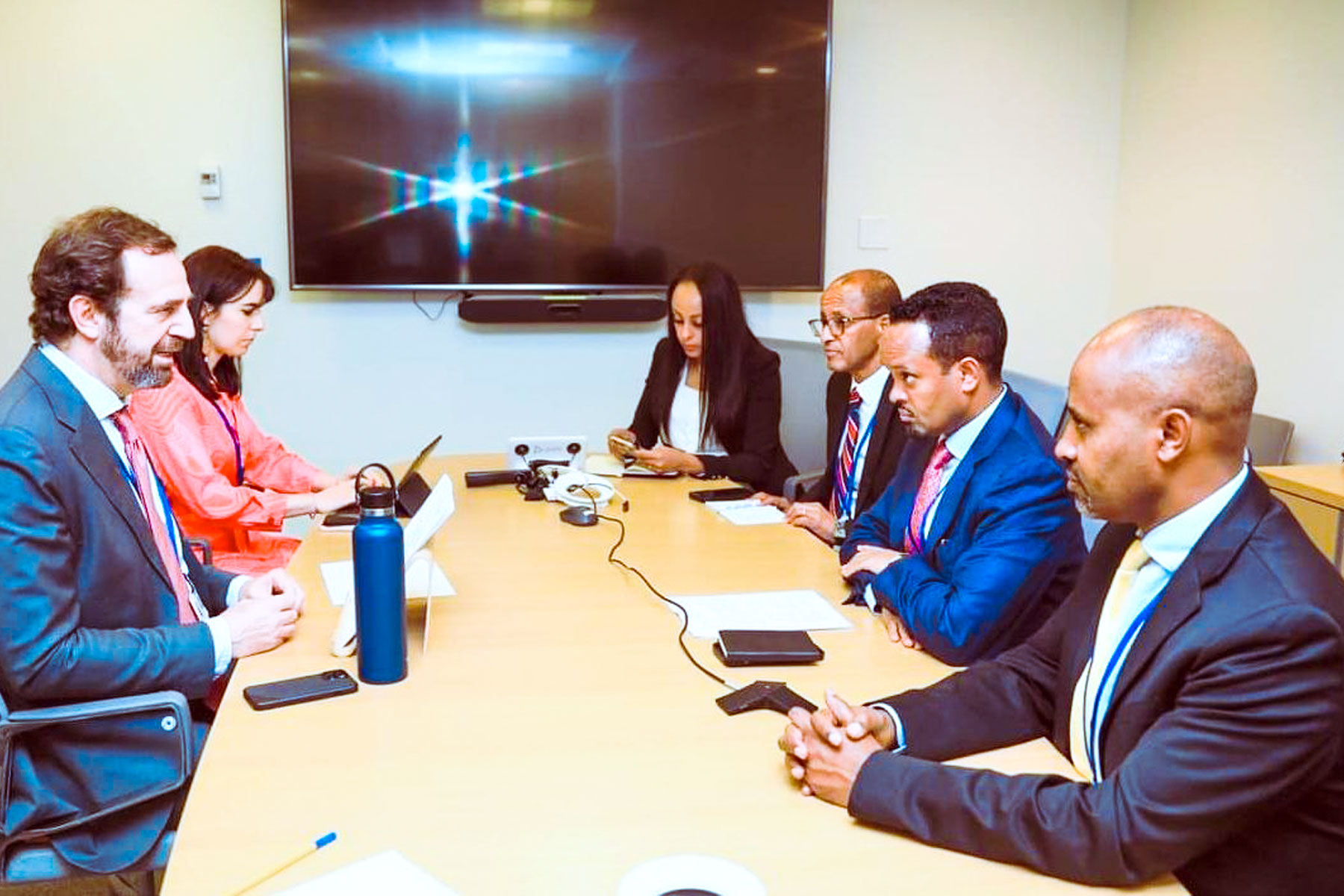
Apr 20 , 2024
Ethiopia's economic reform negotiations with the International Monetary Fund (IMF) are in their fourth round, taking place in Washington, D...
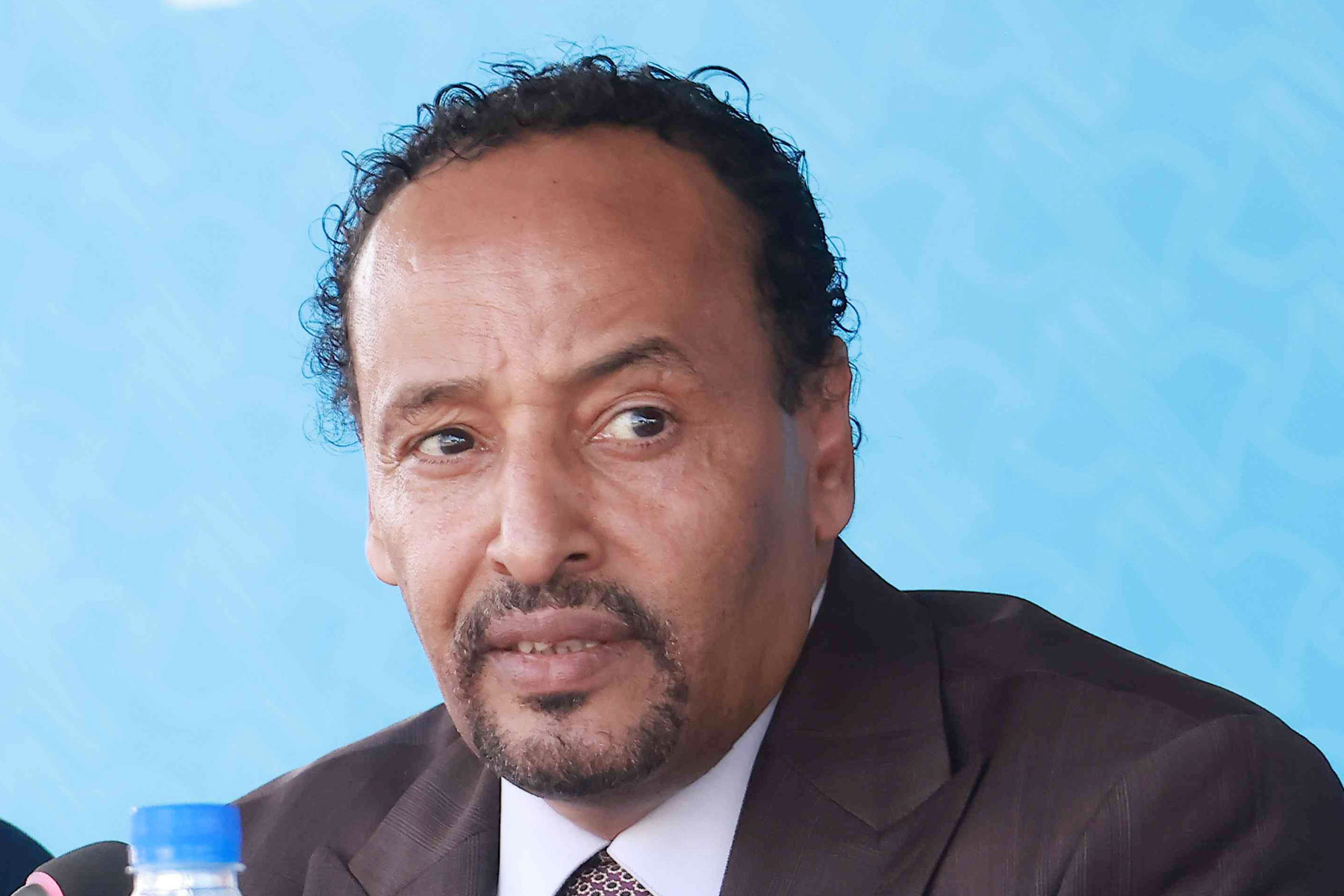
Apr 20 , 2024 . By BERSABEH GEBRE
An undercurrent of controversy surrounds the appointment of founding members of Amhara Bank after regulat...
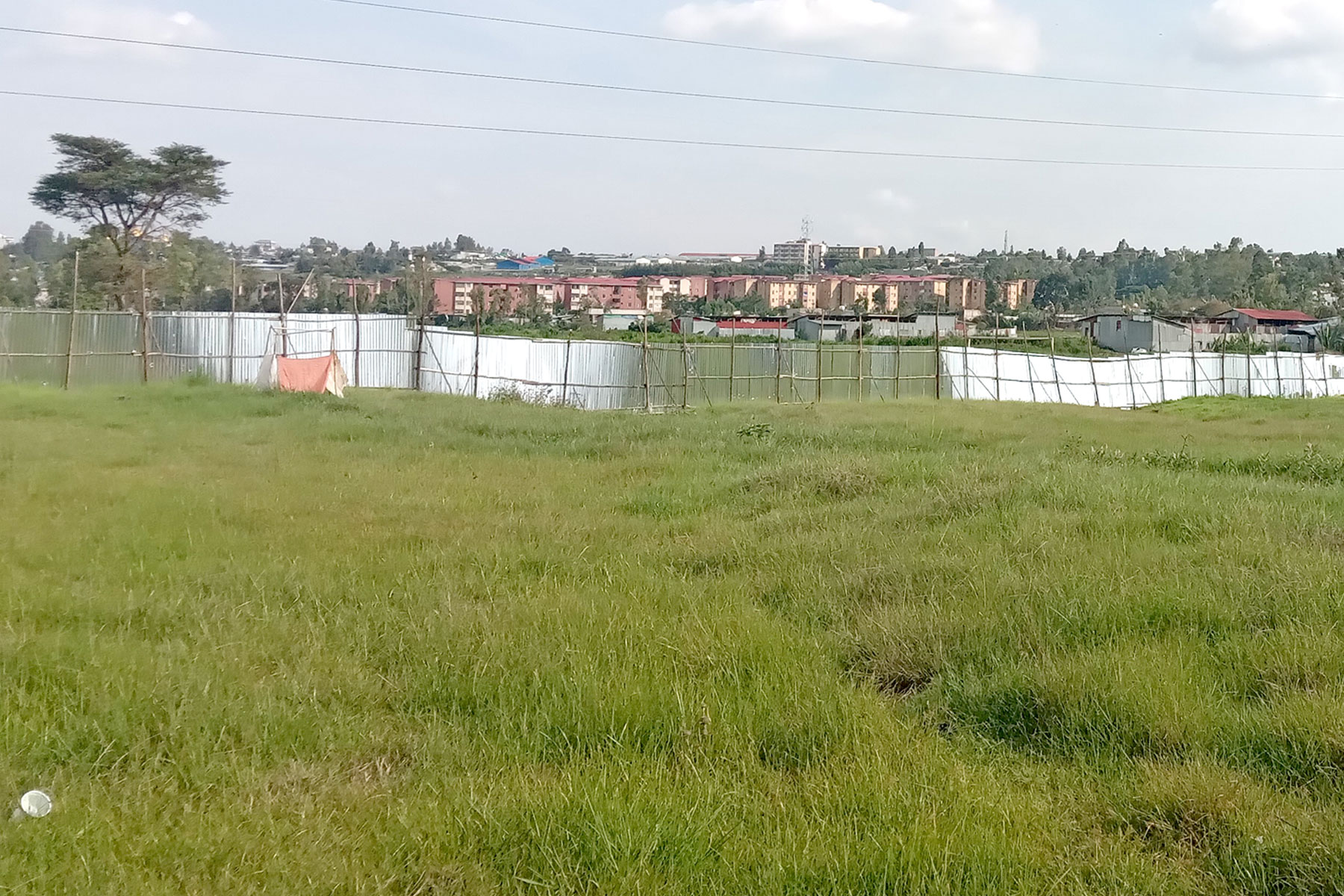
An ambitious cooperative housing initiative designed to provide thousands with affordable homes is mired...

Apr 20 , 2024 . By AKSAH ITALO
Ethiopia's juice manufacturers confront formidable economic challenges following the reclassification of...